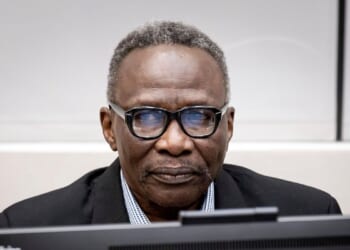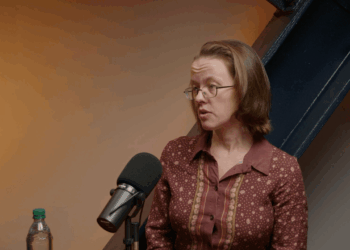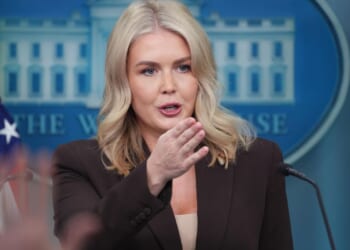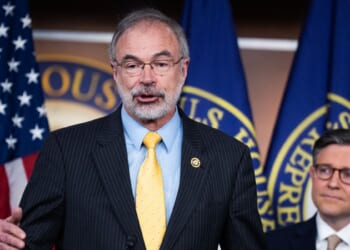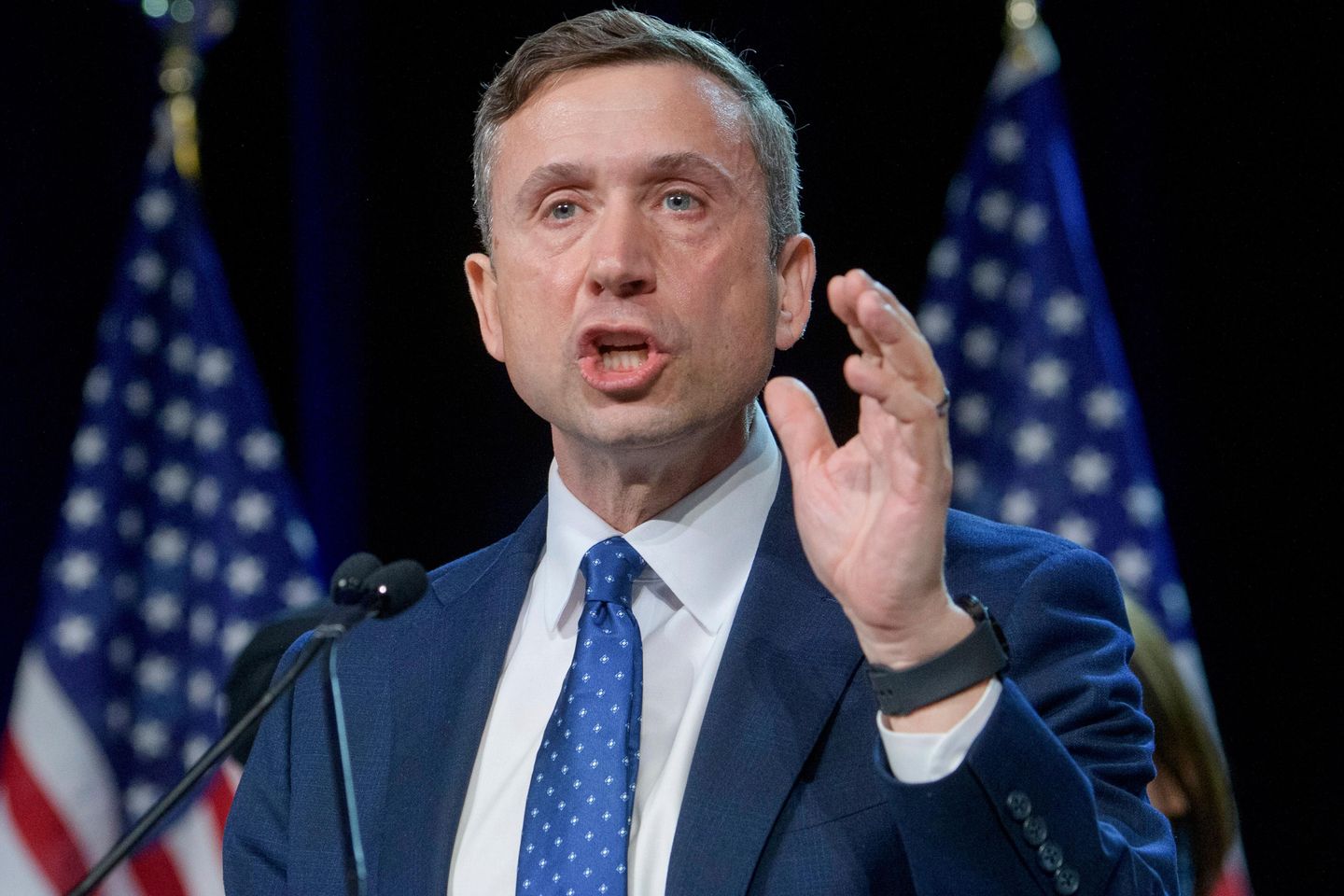
Democratic politicians and activists are quietly lobbying for ranked choice voting, which would change the future of the party’s primaries.
Advocates pushing for the change had a private meeting with Democratic National Committee Chair Ken Martin and other top party officials to discuss using ranked choice voting for the 2028 presidential primaries, unnamed sources told Axios.
The voting method allows voters to rank candidates in order of preference, shaping how and when voters cast their ballots, as well as how votes are assessed.
Rep. Jamie Raskin, Maryland Democrat, pollster Celinda Lake, the nonprofit group FairVote Action and other Democrats pitched the idea at a late October meeting, the sources said.
“It gives a better chance to new faces, outsider candidates, people with grassroots movements, people who run positive campaigns, people who have something new to offer,” Ms. Lake, who worked as a pollster for then-President Biden, told Axios. “It really meets the moment.”
At a DNC breakfast gathering in Washington, supporters of the change said it would strengthen and unite the party, prevent votes from being “wasted” after presidential candidates drop out, and encourage coalition building among contenders.
Seven states and 14 cities and counties used ranked choice voting in the November election, according to FairVote Action. This includes the largest cities in three states: New York City, Minneapolis and Salt Lake City.
New York City Mayor-elect Zohran Mamdani, a socialist, won the Democratic primary’s ranked choice voting, and 78% of voters ranked multiple candidates for mayor.
The Washington Times has reached out to the DNC and Mr. Martin’s office.
While the pitch received a mixed response within the DNC, one unnamed committee member said they are “totally open to ranked choice voting.”
Another source said, “We should follow the lead of the states. They know better.”
To approve the use of ranked choice voting in primaries, the DNC would need support from its rules and bylaws committee and a majority of the 450-member body. Additionally, state parties would also need to give it their stamp of approval, meaning many would need to amend their election laws.
Which states can vote early in the primaries is also an essential part of the primary calendar equation.
Concerns include increased waiting times at the polls being a logistical dilemma, and lengthening the primary.
“It favors positive politics rather than negative politics, and that’s a great thing for the Democratic Party primaries,” Mr. Raskin said. “Oftentimes there’s a sense of acrimony and bitterness that can last decades.”
Mr. Raskin pointed to the presidential primary between Hillary Clinton and Sen. Bernard Sanders, Vermont independent, as the Democratic Party experienced tense primaries in 2016 and 2020.



